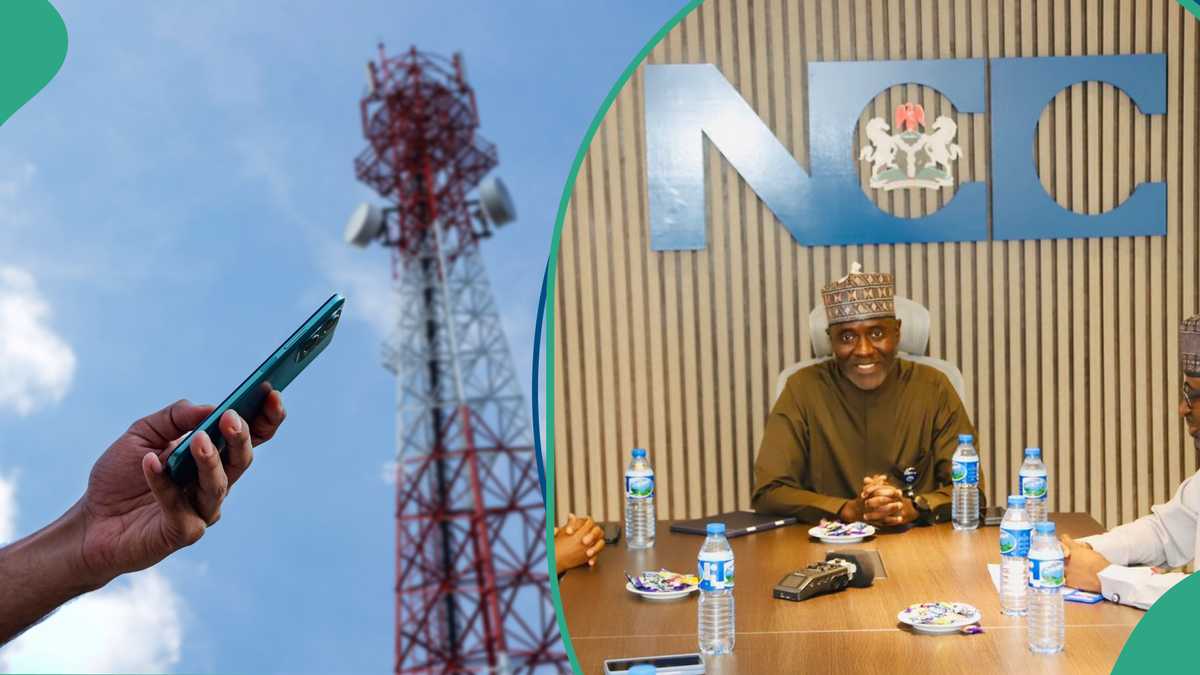The Nigerian Communications Commission (NCC) has granted three significant licences to Airtel Nigeria Telesonic Limited, a subsidiary of Airtel Africa, to enhance its fibre network and bolster infrastructure aimed at meeting the rising demand for data services across the country.
According to the NCC, the licences awarded to Airtel include a National Long Distance (NLD) licence, an Internet Service Provider (ISP) licence, and a Sales & Installation Major licence.
These licences, as detailed on the NCC’s official website, allow the company to expand its reach and services across Nigeria, ensuring that the growing demand for reliable data services is met.
The NCC noted, “The companies listed below are those that have fully paid their licence fees and have received their licence documents for their respective telecommunications operations prior to the reclassification of licences into class and individual categories.”
READ ALSO: NCC nears full compliance in NIN-SIM linkage, urges Nigerians to meet final deadline
The National Long Distance licence, valid for 20 years from July 1, 2024, to June 30, 2044, enables Airtel to establish and manage networks facilitating long-distance communications within Nigeria.
This licence covers a broad range of services, including voice, data, and video communications, and is expected to significantly enhance Airtel’s ability to provide robust and reliable services across the nation.
The Internet Service Provider and Sales & Installation Major licences, each valid for five years from July 1, 2024, to June 30, 2029, will further strengthen Airtel’s position in the market, allowing it to offer a wider range of internet services and expand its sales and installation operations to better serve its growing customer base.
READ ALSO: NCC simplifies NIN-SIM linkage to improve telecom services
Airtel Nigeria Telesonic Limited, launched in February 2024 as a wholesale fibre division, is part of Airtel Africa’s broader strategy to transform the continent’s data market.
The company’s focus on expanding its fibre network is in line with Nigeria’s broader digital inclusion goals.
Currently, Nigeria has around 35,000 kilometres of fibre optic cables, with plans to extend this by an additional 90,000 kilometres, thereby improving connectivity and promoting digital inclusion across all 774 local government areas.
With these licences, Airtel Nigeria is well-positioned to contribute to the Nigerian government’s target of reaching 70 percent broadband penetration by 2025, as part of a larger strategy to connect every corner of the country and ensure that all Nigerians have access to fast, reliable internet services.

 Entertainment1 week ago
Entertainment1 week ago
 Entertainment4 days ago
Entertainment4 days ago
 Comments and Issues1 week ago
Comments and Issues1 week ago
 Comments and Issues1 week ago
Comments and Issues1 week ago
 Business1 week ago
Business1 week ago
 Comments and Issues1 week ago
Comments and Issues1 week ago
 Health6 days ago
Health6 days ago
 Football6 days ago
Football6 days ago

